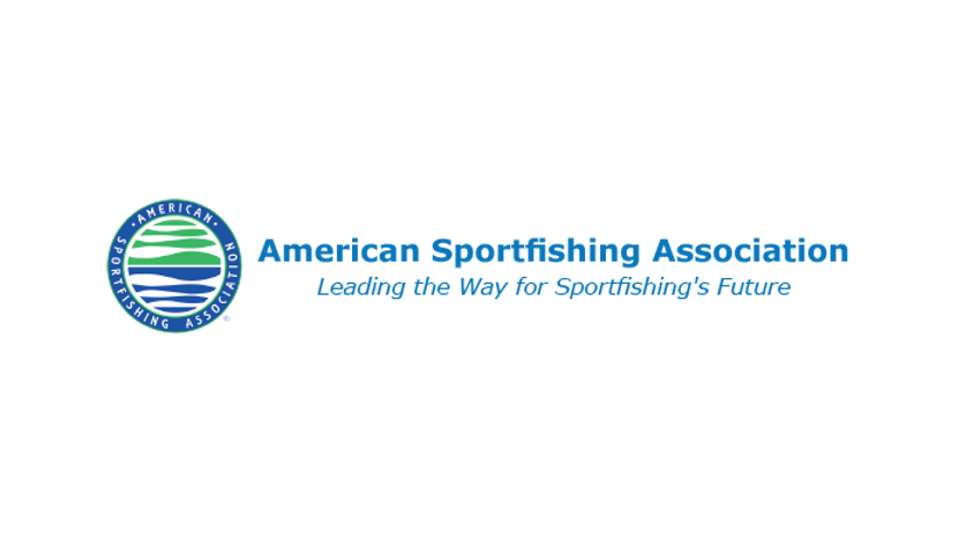
ALEXANDRIA, Va. – The U.S. House Committee on Natural Resources passed a bipartisan bill that authorizes a successful public-private partnership program to conserve and restore fish habitats nationwide for the benefit of America’s 49 million recreational anglers.
The bipartisan National Fish Habitat Conservation Through Partnership Act (H.R. 1747), introduced by U.S. Reps. Rob Wittman (R-Va.) and Marc Veasey (D-Texas), would codify the National Fish Habitat Partnership, which funds on-the-ground habitat restoration projects such as dam removals, streambank stabilizations and invasive aquatic plant removal. This legislation would enhance the program by providing Congressional approval, ensuring more funding goes toward restoration projects and allowing a broad group of stakeholders to identify funding priorities.
“The sportfishing industry is grateful to the House Natural Resources Committee for passage of the National Fish Habitat Conservation Through Partnership Act, which now moves to the House floor for consideration,” said American Sportfishing Association’s (ASA) Inland Fisheries Policy Manager Chad Tokowicz. “Reps. Wittman and Veasey continue to demonstrate their leadership on behalf of our community. This bipartisan legislation will enhance coordination among federal, state, tribal and private initiates that support healthy fisheries and create more opportunities for anglers to enjoy their favorite outdoor activity.”
The National Fish Habitat Conservation Through Partnership Act was introduced in March in both the U.S. House of Representatives and the U.S. Senate. Prior to today’s markup, this bipartisan legislation received a hearing yesterday in the U.S. House Natural Resources Subcommittee on Water, Oceans, and Wildlife. Rep. Wittman testified in favor of this legislation during the hearing.
“Healthy waterways and fish populations are absolutely critical to providing clean water and sustainable fisheries,” U.S. Rep. Wittman said. “This legislation will protect and restore aquatic communities around the nation through public-private partnerships to promote conservation. Our nation’s recreational anglers generate over $48 billion in retail sales with a $115 billion impact on our economy. It is critical that we properly maintain this sector, incorporating the needs of our recreational and commercial fishermen. I am thrilled to have this legislation pass out of committee today, and I hope to see its consideration on the House floor soon.”
The National Fish Habitat Partnership is a voluntary, non-regulatory and locally-driven program housed within the U.S. Fish and Wildlife Service. This program has 20 individual Fish Habitat Partnerships that focus on specific regions or habitat types. To date, more than 800 successful conservation projects have been carried out through these partnerships, benefitting fish habitat and anglers throughout the country.
Also during today’s hearing, the Committee approved Rep. Chellie Pingree’s (D-Maine) H.R. 3596, the Keep America’s Waterfronts Working Act, which establishes a grant program to support coastal working waterfronts. Reps. Garret Graves (R-La.) and Joe Cunningham (D-S.C.) successfully included an amendment to ensure that recreational fishing and boating businesses, such as marinas, are included in the program.
“In my South Carolina district, we have a thriving tourism industry and recreational fishing and boating play a major role in that economy,” said Cunningham. “In South Carolina, tourism is what keeps our waterfronts working, which is why we need to include these recreational businesses in working waterfront planning. Recreational fishing brings almost half a billion dollars in annual sales and an extra $300 million in indirect economic benefits to South Carolina.”
“Despite the partisanship and contention that seems to make all the headlines out of Washington, D.C., it’s encouraging to see the strong bipartisan work of Members of the House Natural Resources Committee to support sound policy that benefits the recreational fishing community,” said Mike Leonard, ASA’s vice president, Government Affairs. “Reps. Wittman, Veasey, Pingree, Graves and Cunningham, as well as other members of the Committee, show that through working together, sound natural resource conservation policy that benefits the public and the economy can still be achieved.”




